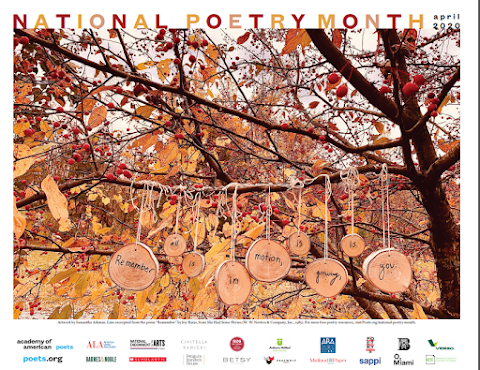 |
| Whitman, age 36 |
Last year, the National Council of Teachers of English (NCTE) and By the People teamed up to host a webinar on the day the Library of Congress launched the “Walt Whitman at 200” Campaign which invited us who are online to transcribe, review and analyze primary sources.
On May 1, they are doing a follow-up webinar and a challenge for educators and students who are interested in analyzing Whitman’s original works.
All of the 4,000 Whitman papers released last year have been transcribed, but 1,400 still need to be reviewed. Review is a crucial part of the process–it’s an opportunity for someone to check that a transcription matches the original document, and either edit or approve it. In this new webinar, there will be tips and suggestions about how to incorporate book history approaches to textual analysis into your teaching.
Everyone can take part (NCTE membership is not required to be part of this event).
Go to https://ncte.org/events/opportunity-library-congress/ to register.
I have just started reading the brand new book, Mark Doty's What Is the Grass, his personal look at how Whitman entered and changed his life, which I plan to review for the Paterson Literary Review, so I'm interested in what will be said in the webinar.
Mark Doty is an extraordinary poet and has felt "haunted by Walt Whitman’s bold, perennially new American voice, and by his equally radical claims about body and soul and what it means to be a self."
In What Is the Grass, Doty addresses many questions, including Whitman's own question of "What is it then between us?" Doty also asks "How does a voice survive death?" And the book's title asks the big question from a reader of Whitman's Leaves of Grass - What is the grass?
from Poets Online blog https://ift.tt/2S8LdVI












